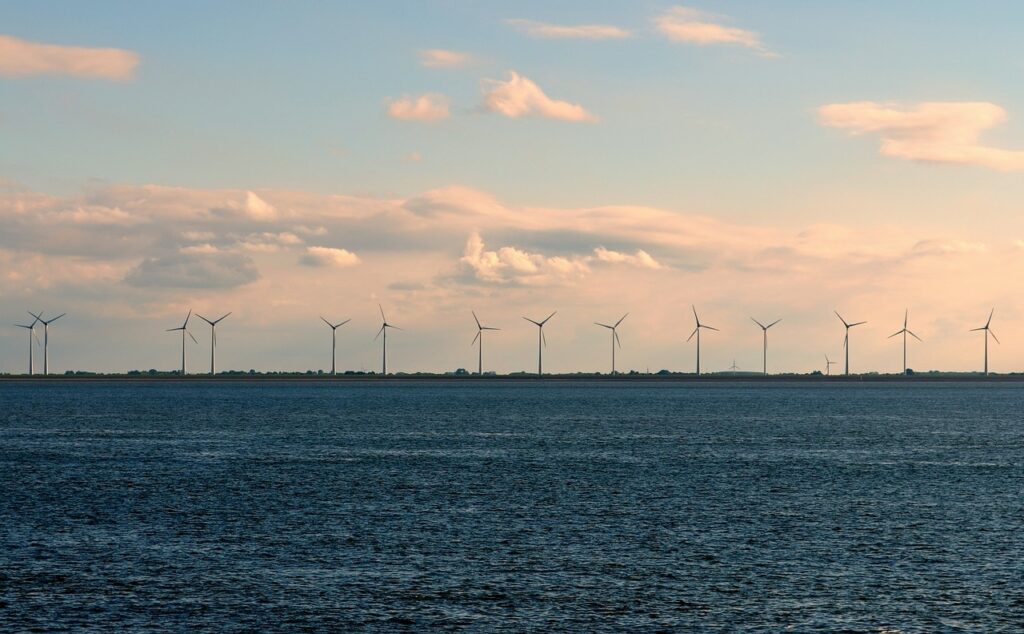Renewable generation hit a new record in Q3, producing 38.9% of the UK’s electricity.
This is according to the Energy Trends and Energy Prices published today by the Department for Business, Energy and Industrial Strategy (BEIS), showing that for the first time renewables produced marginally more electricity between July and September than gas, which accounted for 38.8%.
Renewables produced 46.9GW by the end of September, a 7.2% increase on Q3 2018. This was particularly driven by wind power, which increased by a third to 14.1TWh compared to the same period in 2018.
Wind power has had a very strong year overall, hitting a new record for negative pricing in March, which was subsequently broken in December as surging wind’s hit a generation record of 16.162GW.
When you look at renewables combined with nuclear power, this low carbon generation also hit a new record high in the three months to September. During the period 57.3% of electricity came from low carbon sources, up from 55.9% in Q3 2018.
While renewable energy production grew, overall production fell by 1.8%, largely due to maintenance at nuclear plants during the period.
RenewableUK’s head of policy and regulation Rebecca Williams welcomed the statistics, saying the country had reached an “historic tipping point” with renewables producing more power than gas.
“This is great news for all of us who are committed to reaching net zero emissions as fast and as cheaply as possible. As MPs take their seats in the new parliament today, we’re looking forward to working closely with the new government to speed up the transition to clean power.
“Wind is playing the leading role in this, generating nearly 20% of our electricity between July and September. We need to use a wide range of technologies to tackle dangerous climate change, including onshore wind as well as offshore, innovative floating wind and tidal power”.
Primary energy consumption was down during the period, falling 2.7% to a record quarterly low. Following this, final energy consumption was down across the board. Domestic consumption fell by 2.4%, industrial consumption by 2.2%, transport consumption by 1.4% and service sector consumption by 0.5%.
Energy prices rose throughout the period, with domestic energy bills increasing by 3.2% in current prices, this resulted in electricity bills increasing by £33 to £705. In the industrial sector rose, electricity prices rose by 7.2%.






